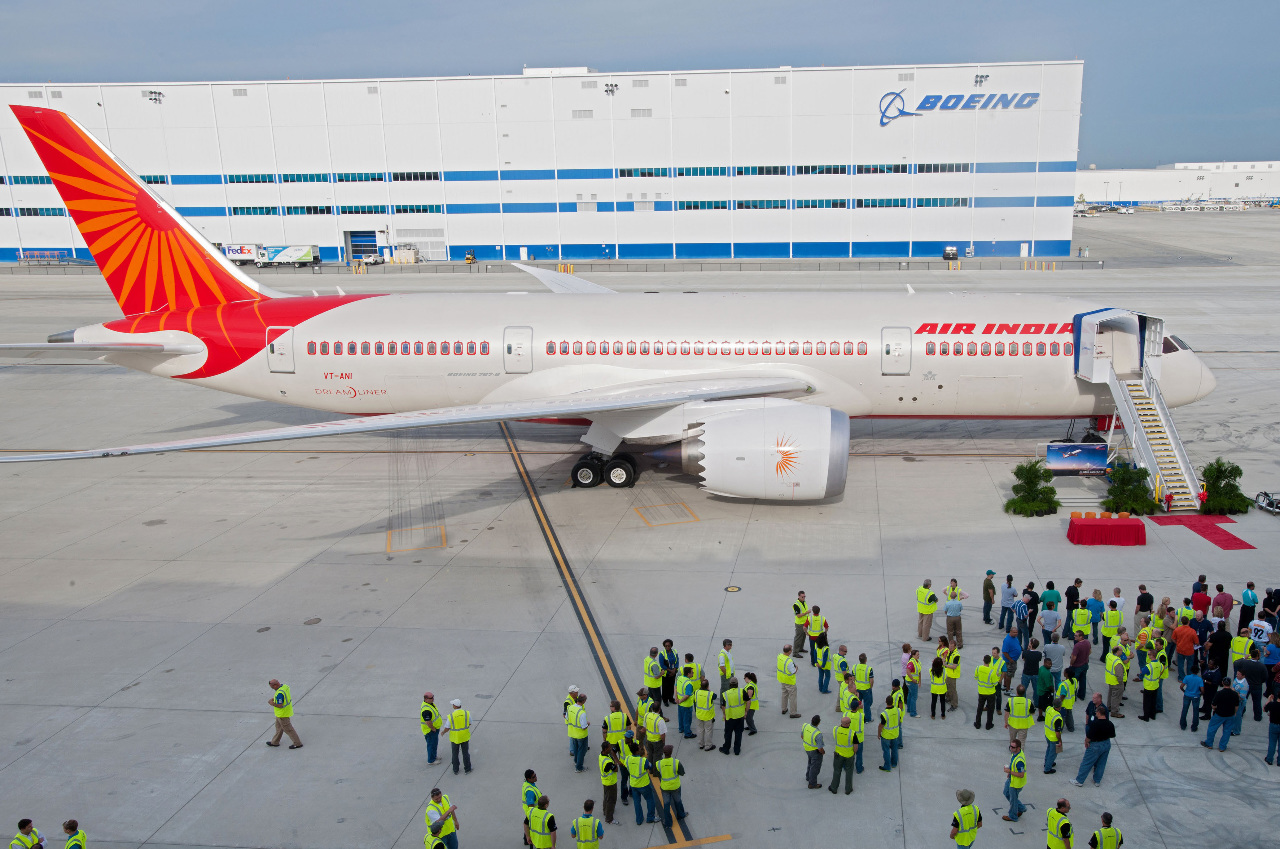Airlines and airports in India are expected to rapidly ramp up spending on new technology over the next three years to keep up with surging growth that is expected to position India as the world’s third largest aviation market, ahead of the UK, in 10 years’ time. The spending predictions come from SITA, a specialist in air transport IT and communications.
According to SITA’s 2016 India IT Trends Benchmark study, released at the India ICT Aviation Forum 2016 in December, all airlines in India expect to see IT budgets increase in 2017 compared to 2016. This contrasts markedly with global airline confidence on future IT budgets, with just over half expecting an increase while around a third anticipate no change in 2017. The remainder globally are braced for lower budgets.
Airports in India are similarly positive about IT spending, SITA says, with 80% of airports expecting an IT budget increase in 2017 over 2016. This compares to 58% of airports globally who expect an increase next year.
Foremost among the priorities of Indian airports, according to SITA, is handling the huge passenger volumes efficiently. That means self-service technologies are in high demand and the majority of Indian airports (83%) plan major passenger self-service programmes in the next three years. One area of significant growth is self-service bag-drop, with more than 80% of airports expecting to put in place assisted self bag-drop systems.
SITA notes that India still lags its global counterparts in implementing emerging trends such as the Internet of Things (IoT). Globally airlines are bringing aircraft into the Internet of Things (IoT) ecosystem with an increasing number of “connected aircraft” starting to enter the global fleet. Yet SITA’s survey shows no airlines in India are yet operating connected aircraft. However, the airlines recognize the potential for enhancing passenger services and by 2019, around half will have taken delivery of some connected aircraft, although still somewhat below the global level of 66% of airlines.
Sita also highlights an interest from India’s air transport sector in single biometric tokens for identity management. Two thirds of India’s airports say they have started trials or projects, of which many are expected to develop into full scale deployments with 86% of airports planning a major programme with this technology by 2019.

